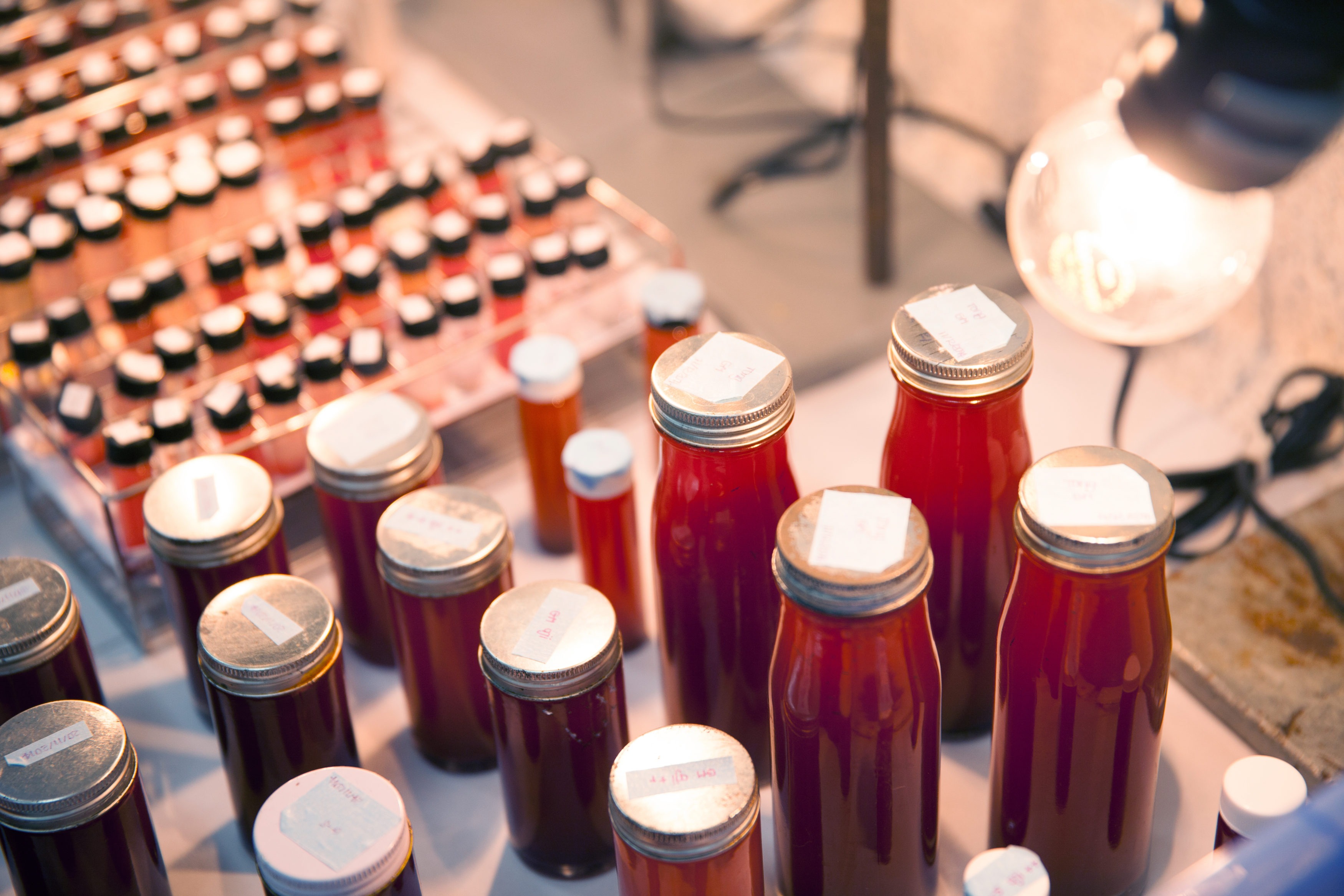Doors Open for CRISPR Applications in Food, and Maybe People
The USDA will no longer regulate crops that have undergone gene editing, opening the door for applications of CRISPR technology in agriculture and food production. The decision addresses only crops where genes have been removed or species-endemic genes have been added. The agency considers this kind of gene editing equivalent to a faster, more precise form of selective breeding.
And, a group of researchers that had claimed the gene-editing tool was a “genome wrecking ball” carrying the threat of off-target effects have redacted their study. Clinical trials using CRISPR in humans have gotten off the ground in Europe and US. Read more.
Back and Forth over Tariffs Has Farmers Concerned
Farmers nationwide are deeply concerned about what tariffs could mean for their businesses. Yesterday, President Trump upped the ante, threatening an additional $100 billion in tariffs on certain imports from China, which responded with an equivalent list. Several agricultural commodities, among them soybeans, landed on China’s list of over 100 products. Read more.
BayWa Ag To Participate in Copernicus Masters Competition
For the first time, the Munich-based trading and services group BayWa Ag is managing its own “Smart Farming” category of the international Copernicus Masters 2018 competition. The winner will take home €5000 in prize money and support from the company and affiliates. BayWa is particularly interested in products and ideas focused on: sustainable irrigation management, crop nutrient monitoring and modeling, and early crop disease identification – but all kinds of smart farming ideas are welcome. Read more.
Algatechnologies Takes Majority Stake in Supreme Health
The Israeli company Algatechnologies Ltd. expanded into China and Asia-Pacific markets this week. The company is now a majority stakeholder in Supreme Health, a New Zealand company developing astaxanthin and other algae-based products whose CEO previously led a Manuka honey company. The market potential in the region for such products is estimated to be several hundred million dollars. Read more.
USDA Approves Carrageenan for Organics Certification
Despite a vote by a two-thirds majority of the National Organic Standards Board to withdraw approval of carrageenan for organics products, the USDA ruled to allow the seaweed-based emulsifier in certified organic products. The NOSB is an advisory board to the USDA, which, as this case demonstrates, is free to disagree with its opinions. A notice published in the Federal Register states, “Potential substitutes do not adequately replicate the functions of carrageenan across the broad scope of use.” Read more.
Glocal Launches 2018 Agrifood Tech Accelerator Program
Applications are open for Argentina’s first accelerator for companies in the agribusiness sector. Glocal welcomes applications from startups, mid-sized, and established companies alike with a focus on agritech, biotech, agri-fintech, and more. Glocal recently secured $30 million in dedicated public funds to support its work. Apply by April 30. Read more.
FS6 Announces Latest Cohort
Participants in the third-ever cohort at Food System 6, a San Francisco-based business accelerator, include both for-profit and non-profit entrepreneurs. The new cohort members join a 17-company portfolio. The program includes 16 weeks of targeted support and mentorship and assistance over the following two to three years. FS6 Cohort 3 includes:
AgriDigital – Simplifying the agricultural supply chain through a fully traceable, trusted and secure blockchain enabled commodity management platform.
FluroSat – Applying analytics to remote sensing hyperspectral imaging to inform better decision-making for modern crop production.
FoodCorps – FoodCorps cultivates the people, practices and policies that make schools healthy places for students to eat, learn and grow.
Kunoa – Sustainably grown meats that are rebuilding Hawaii’s foodshed.
The Philosopher’s Stoneground – Delicious regenerative food products that enable thriving organisms and ecosystems.
Valley Verde – Developing an independent food system of culturally relevant organic produce from seed to harvest in low-income communities.
Other News That’s Fit to Chew
- UK Farmers are concerned about what Brexit means for the harvest season, reports Wired.
- Venture Beat explores what AI means for food and beverage companies.
- Cannabis-infused edibles could be the next big thing for big food, according to Food Dive.
- Civil Eats looks inside Monsanto’s day in court.
- Regulators in New York are concerned about eager consumers and poisonous oysters, reports the New Food Economy.
- The New York Times traces the history of the avocado and global trade.





